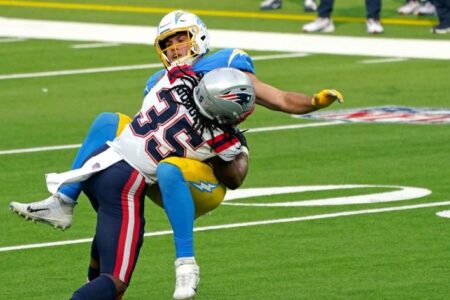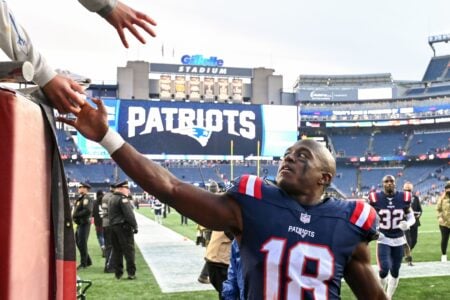Fencer
Pro Bowl Player
- Joined
- Oct 2, 2006
- Messages
- 14,293
- Reaction score
- 3,986
If they sign for the one-year figure, the contract should be guaranteed. Now it usually isn't.
That's a small "favor", and they DO have the right to negotiate for more than the offer the team makes.
Otherwise, they should either sign a long-term deal, trading income maximization for security; get another offer; or else (as is their right) hold out without all the whining.
There's nothing wrong with not going to work and accordingly not getting paid. But publicly demanding money that is being taken from your teammates rather than you? That can be and too often is overdone.
That's a small "favor", and they DO have the right to negotiate for more than the offer the team makes.
Otherwise, they should either sign a long-term deal, trading income maximization for security; get another offer; or else (as is their right) hold out without all the whining.
There's nothing wrong with not going to work and accordingly not getting paid. But publicly demanding money that is being taken from your teammates rather than you? That can be and too often is overdone.


















